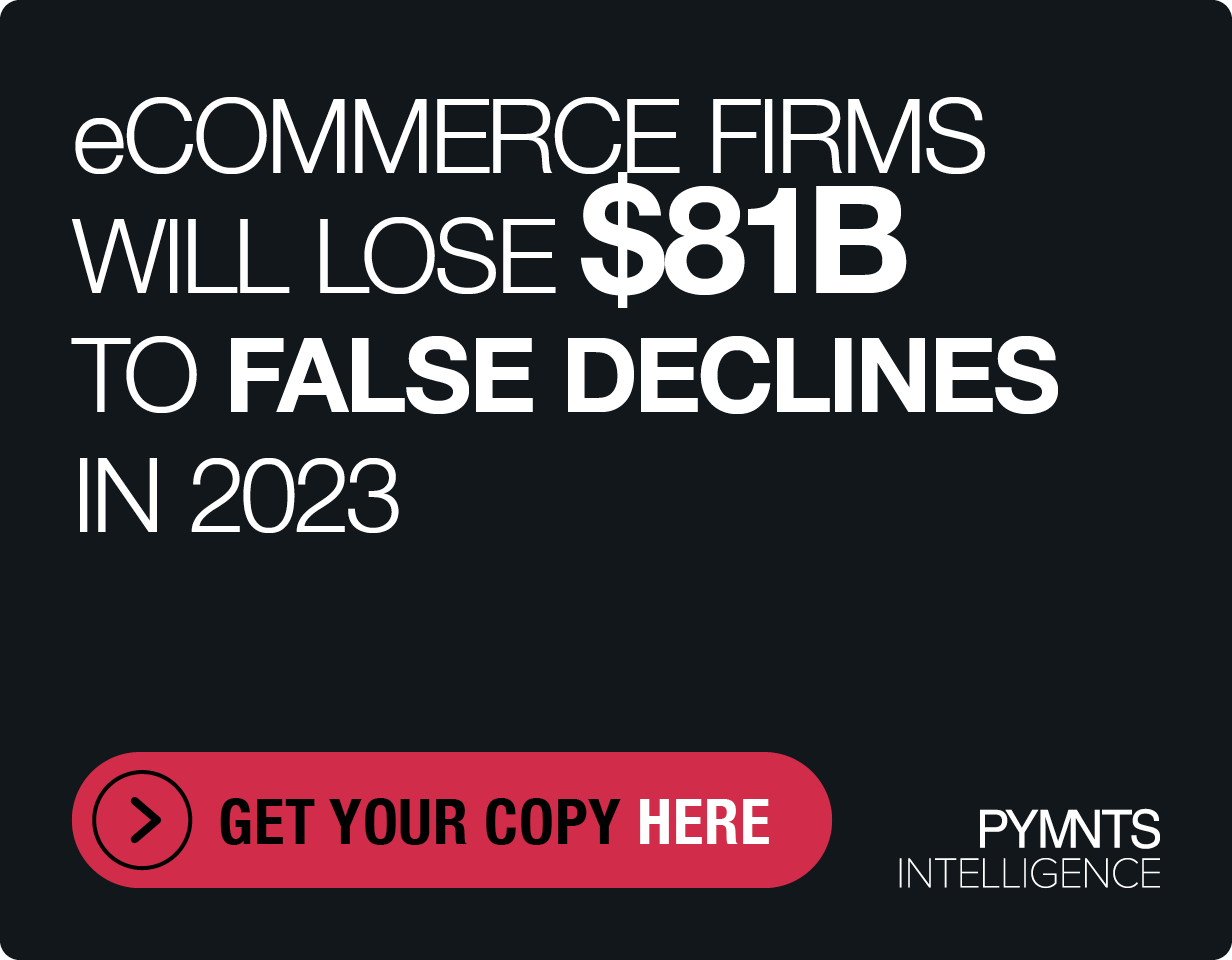Tokenization Top Of Mind For Payments Execs
Barclays held its annual Emerging Payments Forum in New York earlier this week (March 23) and following tradition, a list of top payments executives made it to the list as featured guest speakers. Among those speakers were two representatives from Visa and MasterCard who — among other topics — discussed tokenization.
Keeping in tone with common chatter across the payments industry, MasterCard’s Chief Emerging Payments Officer Ed McLaughlin presented MasterCard’s perspective on the technology and how the company implements tokenization standards across its products. This starts with ensuring consumers are protected as they move away from cards and more toward mobile options, McLaughlin said.
“We see consumers moving to device based commerce. We are getting out of the physical world where plastic card goes to a terminal and that is just an awesome opportunity for MasterCard. So, in order to enable that, when we developed the tokenization engine is the ability for every one of you that’s a MasterCard cardholder to be able to put unique MasterCard numbers in each of the devices you have,” he said.
He also elaborated on how MasterCard is managing its customer’s transaction as a way to ensure full security is achieved. Which included delving into the topic of authentication across a number of devices. What is “essential to this architecture,” he said, is that transactions are all done through the connection that can be validated by the bank’s network. This gives the bank the ability to verify the consumer is who they say they are in order to ensure a secure transaction occurs, regardless of the device used.
“When we see those transactions, we can do two very important things, one, we know precisely where and how it is supposed to be used. So, we can make it more secure. And secondly, we can use the same underlying technology, we have an EMV, that’s security technology to make every transaction unique,” he said. “So, really what we are doing is we are taking what you do with the chips on a plastic card and tokenization allows us to use all the chips on the device to do it.”
For MasterCard, tokenization is just another way to enable other technologies the company already has in place. It allows for consumers to have an extra layer of security throughout the network’s payment ecosystem.
“It is really almost a next generation instant issuance system — to allow you to have any number of card numbers for any number of devices that you have,” he later added.
MasterCard, of course, isn’t alone in its tokenization efforts, as Visa, MasterCard and American Express have worked together to have the same standard as the payments ecosystem develops. Bill Gajda, Visa’s Global Head of Strategic Partnerships, explained a little more during Barclays’ forum about the tokenization collaboration and how it formed.
“[With tokenization] this is nothing to compete on. We’re going to grow the ecosystem. And [the other issuers] agreed and so a tokenization standard was born. … We spent a lot of time, all the networks, doing a lot of things for the first time with Apple Pay. So the reason why it wasn’t turned on internationally, immediately, is because we were doing a lot of things for the first time,” Gajda said. “We’re now launching dozens of banks a week, but there’s thousands of banks that we’ve got to turn on in the U.S., right. Now, we’ve got Samsung Pay, right, that’s the second implementation, Google not far behind. The implementation of Apple Pay in European markets, tokenization that’s got to be rolled out globally overtime.”
Speaking toward ACH, Gajda said he thinks there are some “long-term disadvantages for ACH” to replicate what’s been done at the network level. He expressed confidence that there will be innovation on both sides and said he doesn’t anticipate ACH “becoming a threat to networks.” That conversation also led more into the topic of Apple Pay.
“What keeps me up at night [is that] I’m encouraged by the fact that most innovation I see right now really does want to use our rails and innovate on the edge,” he said. “You know obviously Apple Pay [was] acknowledging with that [and] I think tokenization actually will encourage people now to innovate on the edges and use our rails, because they are scalable, they’re international; the rules have been written, etc.”
With the eventual rollout of Apple Pay, Samsung Pay and Google Pay in Europe’s markets, and eventually China, Gajda was also questioned by an analyst about his expectations for tokenization with those market additions. He indicated that Visa will be working with markets in Western Europe in April as part of their tokenization efforts, and indicated Samsung Pay would be part of its mission toward the summer. As for China, he indicated most of the logistics need to be worked through based on what the Chinese regulators decide.
“Broadly, we’re focusing on the markets where it makes sense initially, and then think about those markets because the first used case is kind of these mobile wallets at the point-of-sale. We’re looking at some of the sophisticated markets in Asia looking at Brazil as an example in Latin America,” he said.
